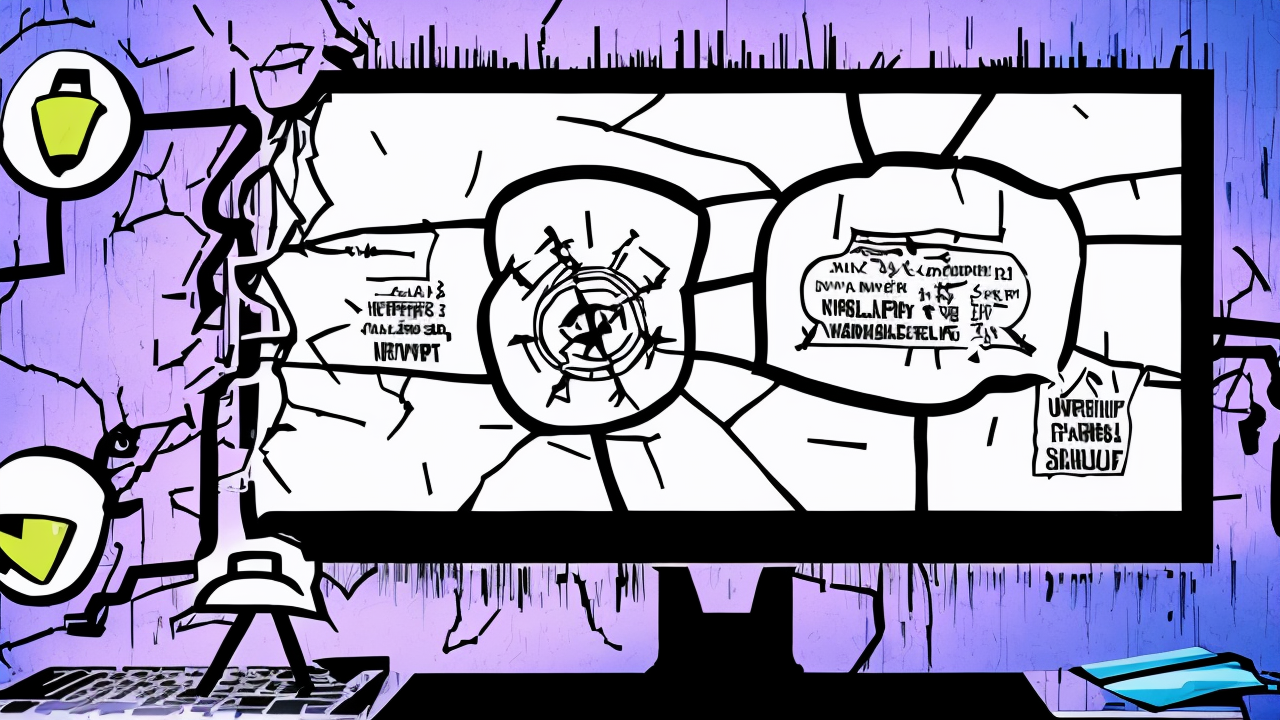Illinois Democrats Push Major Energy Bill Amid Concerns Over Rising Costs

Illinois Democrats have advanced a sweeping energy bill, the Clean and Reliable Grid Affordability Act, in a bid to modernize the state’s power infrastructure. The legislation, passed late Thursday, aims to expand battery storage, promote virtual power plants, and improve energy efficiency across the state. Proponents argue it will stabilize the grid and reduce long-term electricity costs, especially amid growing concerns about energy demand from artificial intelligence data centers and shifting federal policies. Yet behind the promises of affordability and reliability lies a deeper issue: the increasing role of government in managing a vital public service.
The bill’s supporters, primarily Democratic lawmakers, emphasize the need for proactive planning. Rep. Jay Hoffman, a leading voice in the House, warned that without action, electricity prices would continue to rise. He cited rising consumer bills and grid vulnerabilities as urgent reasons to act. These concerns are valid. A stable, dependable energy supply is essential for homes, businesses, and communities. However, the solution proposed—increased state mandates, centralized control, and taxpayer-funded infrastructure—raises important questions about effectiveness and long-term consequences.
Critics, including many conservative economists and energy experts, caution that government-led energy initiatives often fail to deliver on their promises. History shows that top-down mandates and heavy subsidies rarely lower costs; instead, they frequently lead to inefficiency, bureaucratic delays, and higher bills for consumers. The real drivers of rising energy prices—federal regulations, the intermittency of renewable sources, and the growing energy demands of large-scale digital infrastructure—are not being addressed directly. Instead, the bill focuses on expanding state authority in ways that may ultimately burden families and small businesses.
The push for large-scale battery storage and centralized grid management overlooks the proven success of decentralized, market-based solutions. Private companies have long led in energy innovation, from rooftop solar to smart grid technologies, often at lower cost and greater speed than government projects. When the state mandates specific technologies or requires utilities to follow strict development plans, it can discourage competition and reduce incentives for private investment. Over time, this can stifle progress and leave consumers with fewer choices.
Moreover, the idea that government planning can outperform market dynamics in energy distribution is questionable. Markets respond to real-time needs, reward efficiency, and adapt quickly to change. Government programs, by contrast, often operate on slow timelines and face political pressures that can distort priorities. When energy policy becomes a tool for political gain rather than a matter of practical necessity, the result is often more regulation, less innovation, and higher costs.
This is not simply a debate about climate or technology. It is about how we manage essential resources in a way that respects both economic responsibility and individual freedom. Energy is not just a commodity—it is a foundation of daily life. When governments expand their control under the banner of “affordability” and “reliability,” they risk undermining the very stability they claim to protect.
Illinois now stands at a crossroads. It can continue down a path of centralized planning, where decisions are made far from the people who bear the cost. Or it can choose a different way—one that encourages private investment, supports innovation, and prioritizes the well-being of working families. The future of energy should not be determined by political agendas but by practical, sustainable, and economically sound principles.
As the bill moves toward Governor JB Pritzker’s desk, lawmakers should reflect on a fundamental truth: lasting solutions come not from mandates, but from freedom, competition, and accountability. The best way to ensure affordable, reliable energy is not through greater government control, but through a system that rewards efficiency, empowers consumers, and respects the dignity of work and enterprise.
Published: 10/31/2025








